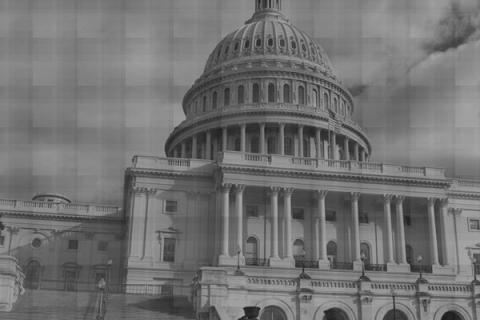
With over 1 billion users logging on across the world, moderating content on Facebook is no small task. What stays and what goes has been the center of a number of recent controversies, the most recent being outrage over the growing number of pages, images, and posts degrading women and trivializing domestic violence.
In response to these images, the "Take Actions to End Gender-Based Hate Speech on Facebook" campaign, led by Women, Action, & the Media (WAM!), is calling on Facebook to address the representation of rape and domestic violence on the social network and remove gender-based hate speech.
There are two provisions in Facebook's Statement of Rights and Responsibilities that apply to gender-based hate speech and could warrant the removal of such content:
- You will not bully, intimidate, or harass any user
- You will not post content that: is hate speech, threatening, or pornographic; incites violence; or contains nudity or graphic or gratuitous violence.

At the core of the complaint, articulated by Soraya Chemaly, Jaclyn Friedman and Lauren Bates in an open letter to the company, is the double-standard Facebook employs by allowing misogynistic pages and images, but removing non-sexualized images of women:
"It appears that Facebook considers violence against women to be less offensive than non-violent images of women’s bodies, and that the only acceptable representation of women’s nudity are those in which women appear as sex objects or the victims of abuse."
As a private company, however, Facebook has a right to "crack down" on some forms of speech and not others. Facebook can choose whether or not they enforce the provisions in their Statement of Rights and Responsibilities, and in what instances. They reserve the right to remove content that fits within their definition of hate speech, but are in no way legally required to.
Domestic violence is a global epidemic, with 70 percent of women and girls reporting to have experienced physical or sexual violence from men in their lifetime, according to United Nations Say No UNITE. Allowing for the continued posting and sharing of content trivializing, mocking, and endorsing domestic violence on Facebook has real-world implications.
The campaign calls on Facebook users to contact advertisers who advertise on such pages, demanding they stop until Facebook responds to complaints of gender-based hate speech. Providing users with a list of companies advertising on Facebook and their contact information, the campaign has already generated 16,000 tweets and 1,300 emails. A number of advertisers have already pulled their ads.
Public criticism is nothing new for the Silicon Valley-based company, however, and can span well beyond the borders of the United States. In a recent transcontinental complaint, for example, India charged 11 U.S. websites -- Facebook included -- of "promoting class enmity" and "undermining national integrity" by posting and selling pornographic content.
In an open letter, the U.S. Department of Justice denied the request and reaffirmed the websites' right to post content that is constitutionally protected by the First Amendment.
"(A)s previously discussed, the first amendment to the US Constitution provides for broad freedom of expression and as a result prohibits criminal prosecution of speech except in narrowly defined circumstances," the DOJ wrote. "Upon review of the information available to us, the request implicates free speech principles that are protected by our Constitution and that are considered essential interests."
Like it or not, Facebook can and will continue to do whatever they want. While users can't make the website adopt a constitutional approach to regulating free speech, people can always exercise their own and let Facebook know how they feel.
